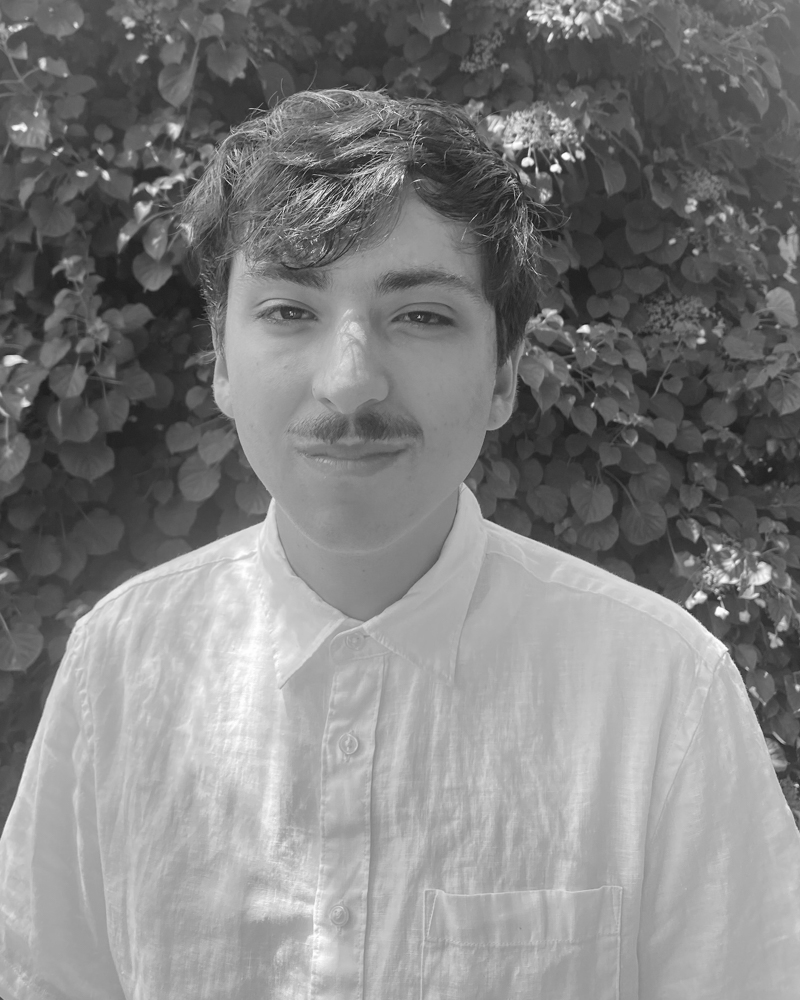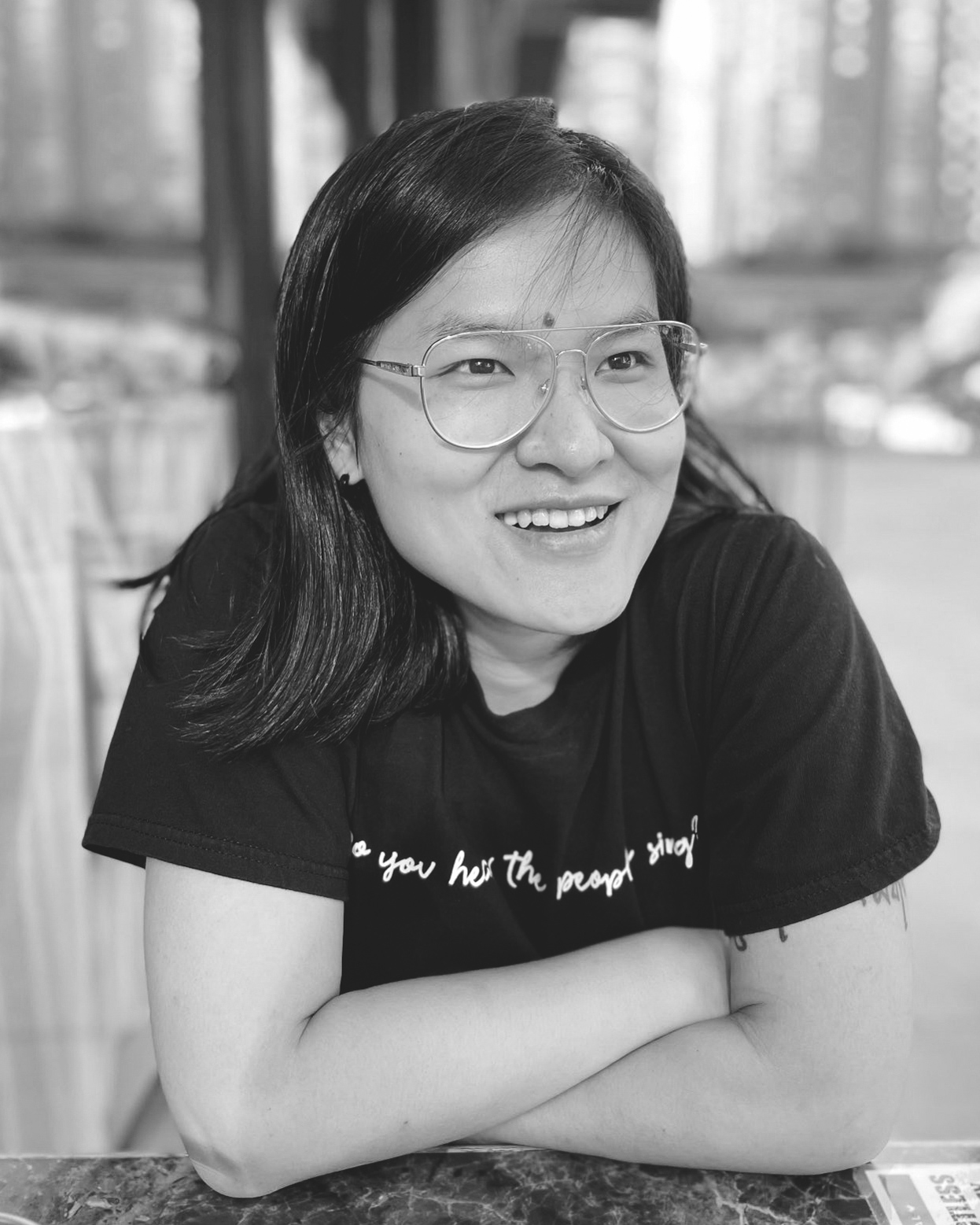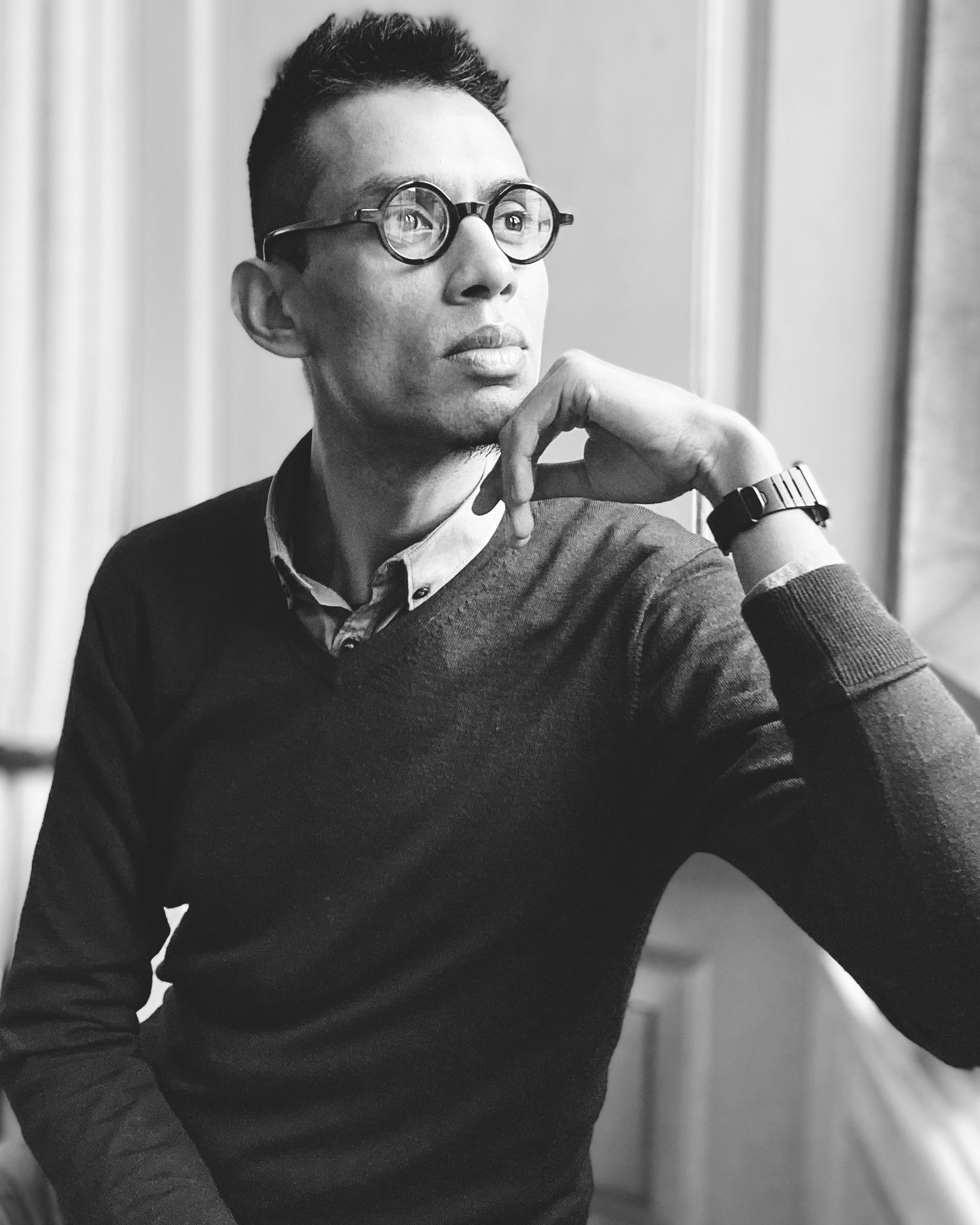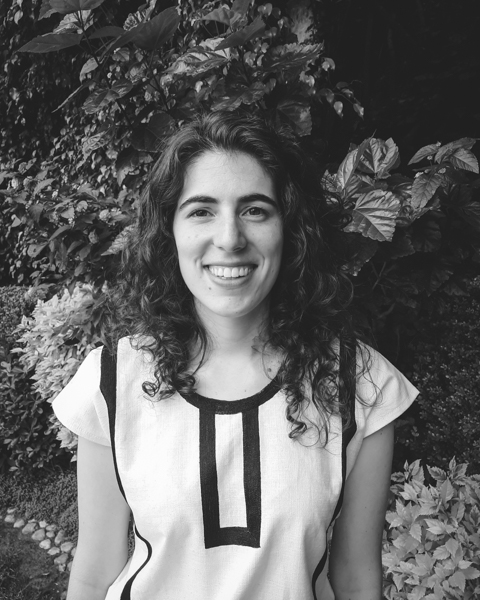The Collective
University of Toronto
University of Michigan
Columbia University
University of California, Los Angeles
London School of Economics
London School of Economics
Columbia University
Princeton University
University of Cambridge
2023-2024 Fellows
Niyousha Bastani is a postdoctoral fellow at the Evasion Lab, with research interests in the overlapping histories and politics of care, psychology, race, and education. Especially through engagement with the political thought of Sylvia Wynter, her work questions how these histories and politics shape racial understandings of being human. She is working on her first monograph, based on ethnographic research on psychological and educational approaches to counter-extremism in the UK. Her next research project looks at global usages of psychology for articulating race and anti-imperial resistance, especially in Iran in the 1960s-80s. She received her PhD in Politics and International Studies from the University of Cambridge, and was the recipient of a SSHRC Doctoral Fellowship.
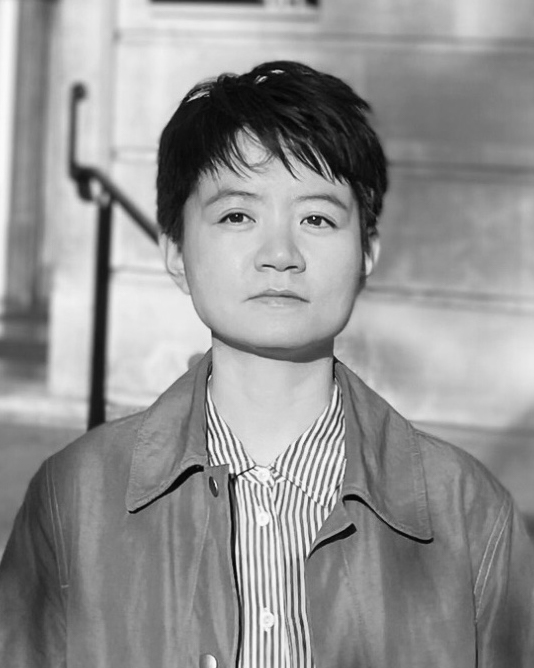
Yang Liu
University of Toronto
Yang Liu is a PhD candidate in the Department of Anthropology at the University of Toronto. Her doctoral research focuses on the technological interventions brought about by data, algorithms, and software. She writes about the constant negotiations of ethical efforts and boundaries by scrutinizing the inconspicuous interactions between humans and machines scripted by the digital applications (broadly construed). In doing so, she looks at the ethics and aesthetics of data technologies beyond the aftermath of recognition, surveillance, and governance.
University of British Columbia
Ryan Gonsalves Smyth is a Master’s student in Anthropology at the University of British Columbia. His research is focused on the reproduction of disparity and difference amidst liberalization and globalization in contemporary India. His current project looks at the proliferation of low-cost English-medium private schools and the role of English proficiency in shaping social status and economic mobility.
Writer, Researcher & Activist
Lisa Ariemma focuses on citizenship, democracy and migration issues. Published in journals such as Research in Social Movements Conflicts and Change, she has participated in conferences and festivals in Europe, North America and the Middle East. She devotes volunteer hours assisting people in transit in border areas. She is a candidate in a collaborative PhD with the Centre for Criminology and Sociolegal Studies and the Centre for Diaspora and Transnational Studies at the University of Toronto.
University of Toronto
Kanika Lawton is a PhD student at the University of Toronto’s Cinema Studies Institute and the Mark S. Bonham Centre for Sexual Diversity Studies. Their SSHRC-funded research foregrounds an aesthetic and political critique of surveillance, arguing that it not only captures, but preludes and produces scenes of violence that unevenly affect marginalized communities, yet can be “refused” through modes of resistance and insurrection.
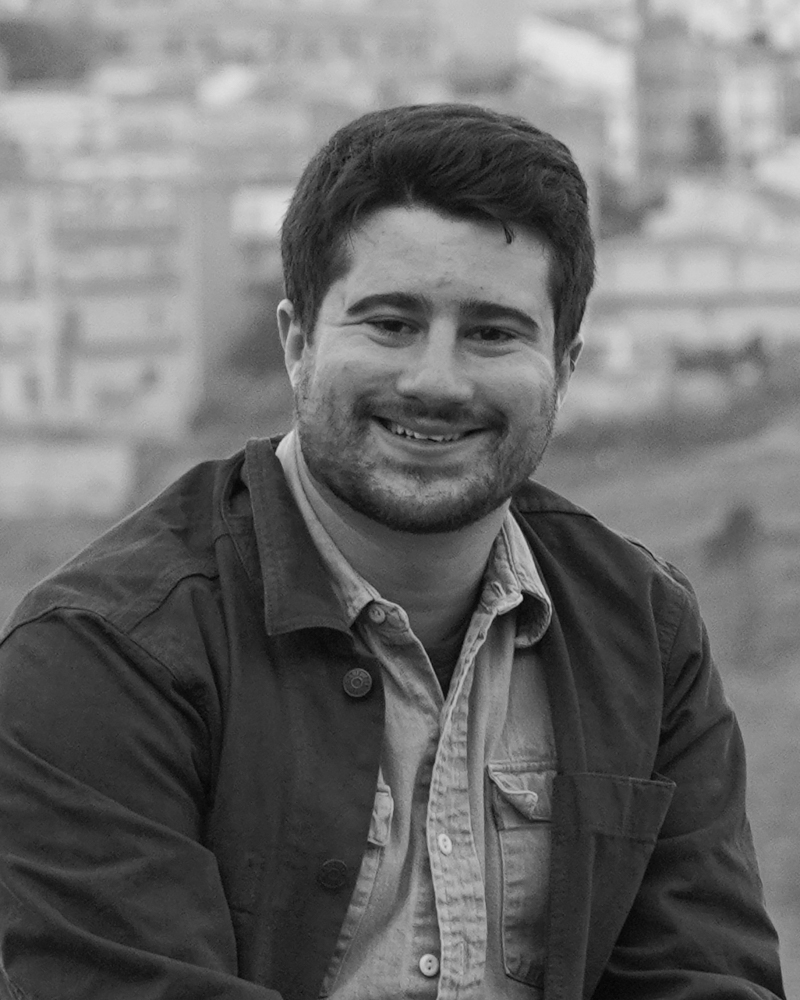
Jacob Bessen
University of Toronto
Jacob Bessen is a PhD Candidate in the Department of Anthropology and the Center for Transnational and Diaspora Studies at the University of Toronto. His research uses houses as means of thinking through the intersection of immigration and emigration in rural central Sicily.
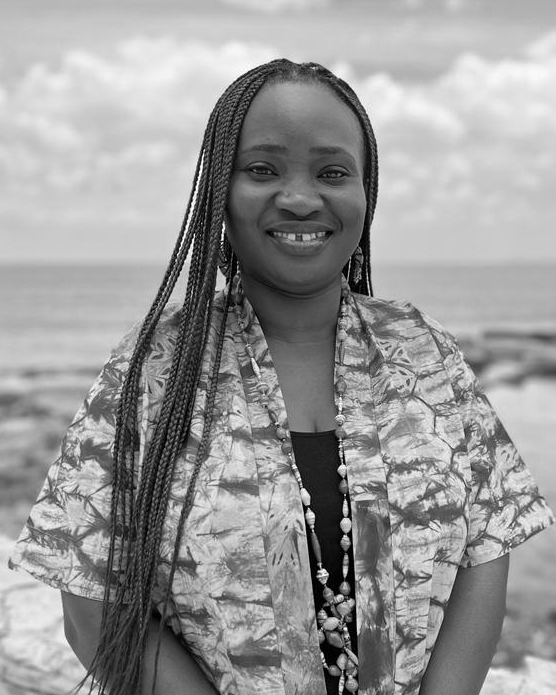
Omowumi Asubiaro Dada (Wumi)
University of Toronto
Omowumi Asubiaro Dada (Wumi) is a lawyer and a Ph.D candidate at the Centre for Criminology and Sociolegal studies at the University of Toronto. Her project advances new understandings of women’s practices and actions of conflict prevention. The main goal of Wumi’s project is to raise the value of women’s preventative work in conflict situations by reinscribing new practices and norms into policies and projects.
wumi.asubiarodada@mail.utoronto.ca
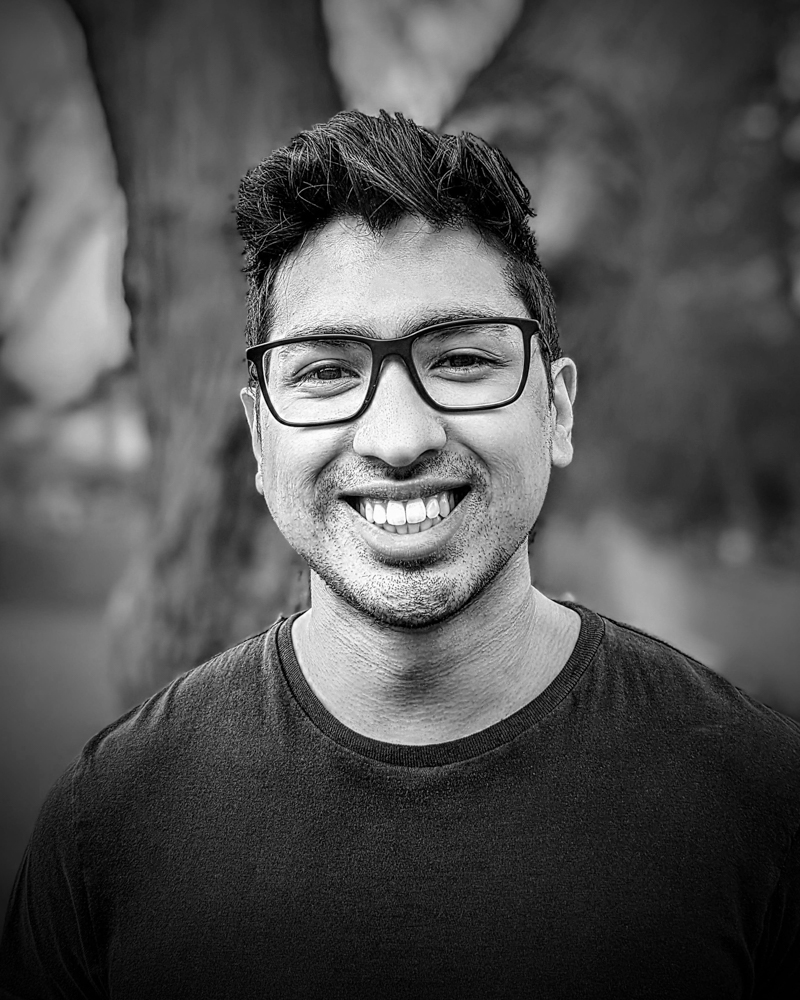
Noah Khan
University of Toronto
Noah Khan (he/him) is a PhD student in the department of Social Justice Education at University of Toronto. His research is situated at the intersection of philosophy of digital technologies and digital literacies, exploring the complex experiences and relationships that pertain to digital technological systems.

Laura Carvalho
University of Toronto
Laura Carvalho is a Ph.D. student in the Department of Anthropology at the University of Toronto. Throughout her academic career, she has been dedicated to exploring diverse facets of imaginaries, with a specific focus on political landscapes and alternative narratives. Driven by a profound interest in rivers, she is currently undertaking a research project that delves into the intricate realm of land conflicts surrounding the São Francisco River—a truly iconic waterway deeply interwoven into Brazil’s vibrant historical fabric and playing a pivotal role in shaping the nation’s identity and governance.
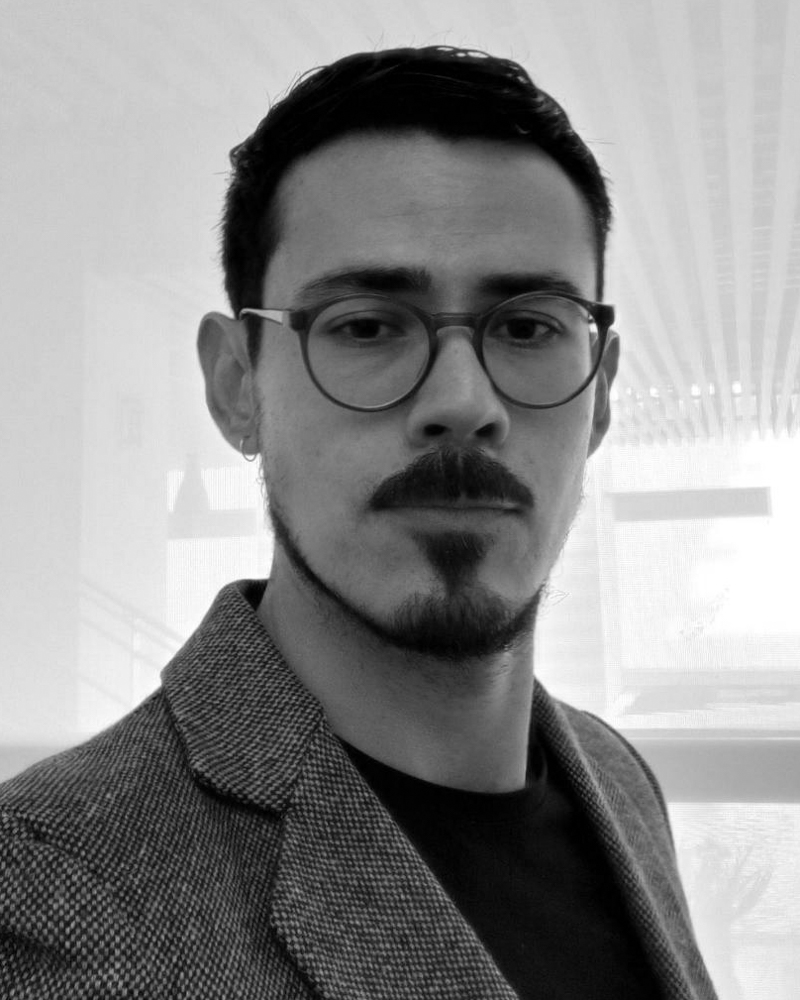
Isaac Vargas
University of Toronto
Isaac Vargas is a PhD candidate in Anthropology at the University of Toronto. He is interested in topics related to the state apparatus and mass violence. His dissertation explores how, amid Mexico’s drug war, different actors such as state authorities, criminal groups and families present overlapping and competing claims on the bodies of the victims found in clandestine graves throughout the country.

Daniel Bergman
University of Toronto
Daniel Bergman (he/him) is a doctoral candidate in the Department of English and the Centre for Diaspora and Transnational Studies at the University of Toronto. His research explores how contemporary fiction experiments with genre to undermine the bond between adulthood and citizenship that structures current North American legal regimes. Overall, Daniel’s work aims to identify sites of productive convergence across the borders of literary analysis, political theory, and legal scholarship.

Sadaf Ahmed
University of Toronto
Sadaf Ahmed is a Ph.D. candidate in the Department for the Study of Religion at the University of Toronto. Her research broadly examines the formation of Islam under conditions of modernity and diaspora, with her dissertation project focused on Muslim parenthood as a place of generational self-creation and abandonment in the afterlives of immigration.
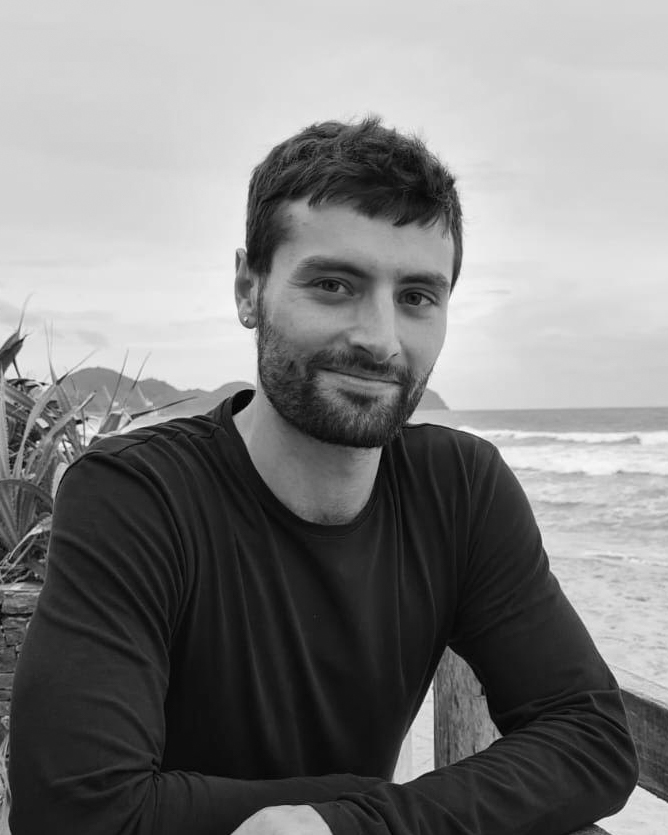
Louis Plottel
University of Toronto
Louis Plottel is a PhD candidate in the department of Anthropology at the University of Toronto. His research focuses on meth use in Aceh, Indonesia, where he is working alongside the growing drug-user advocacy movement. As a drug user himself and harm reduction advocate, his work examines the potential of illicit drugs in responding to the changing demands of work, evading corporate capture, and forging new socialities.

Laura Acosta-Zárate
University of Toronto
Laura Acosta-Zárate is a Ph.D. student at the University of Toronto’s Centre for Criminology and Sociolegal Studies. Her research revolves around the accountability of combatants recruited during childhood by illegal organizations. Focusing on the Colombian context, she explores how local-based restorative practices tackle issues of colonization within transitional justice.
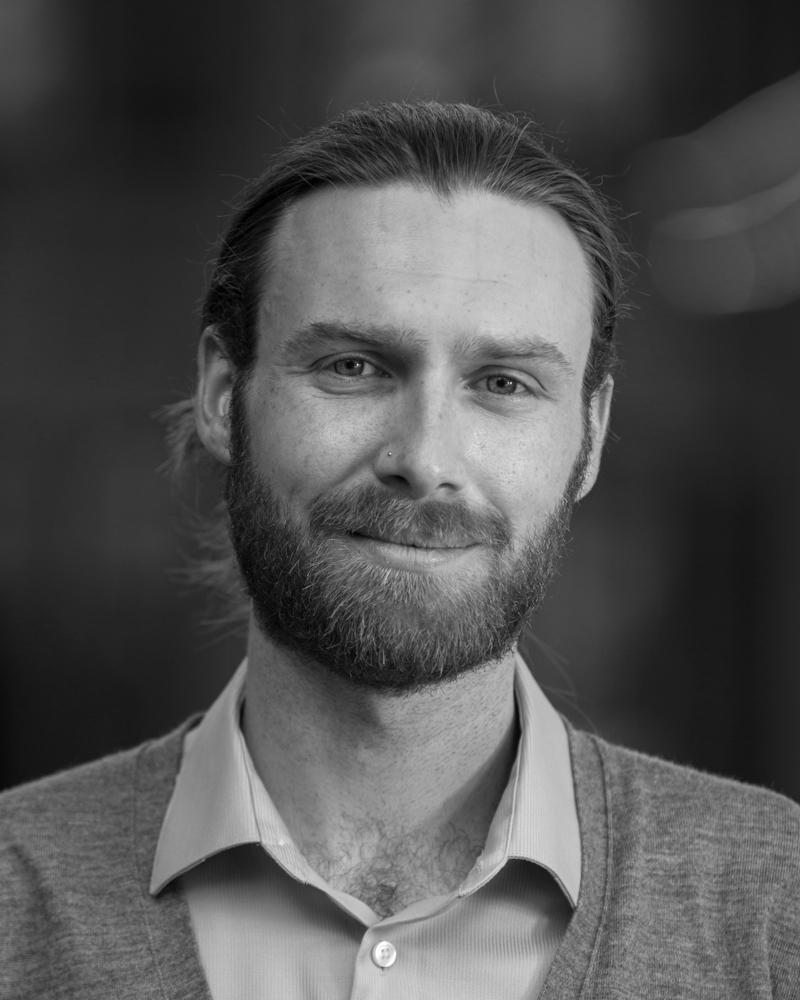
Jamie Duncan
University of Toronto
Jamie Duncan is a Ph.D. candidate at the University of Toronto’s Centre for Criminology and Sociolegal Studies, a junior fellow of Massey College and a graduate fellow of the Schwartz-Reisman Institute for Technology and Society. His dissertation focuses on how digital transformation is enabling new forms of transnational collaboration in border security and migration control.
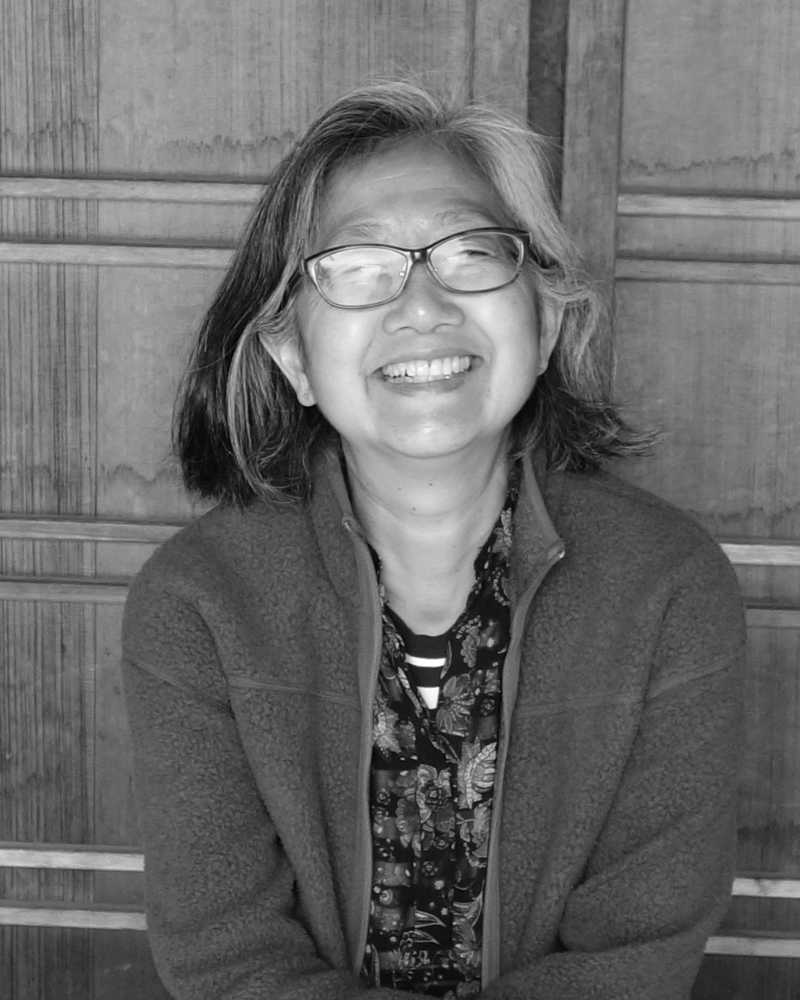
Chiho Tokita
University of Toronto
Chiho Tokita is a doctoral student in the Department for the Study of Religion at the University of Toronto. Her ethnographic research explores the phenomena of roadside shrines as forms of mourning, religious expression, and material culture, that emerge outside of official spaces and practices. Does the ‘ordinary’ materiality of roadside shrines enable these intimate monuments to fly under the radar, overlooked as merely ‘kitsch’? As such, she is interested in exploring the material and sensorial dimensions to evasion.

Alaa Mitwaly
University of Toronto
Alaa Mitwaly is a PhD candidate in Anthropology at the University of Toronto. Her research investigates semi nomadic communities, underground water ways, aquifers, political future imaginations, Muslim metaphysics, militarization and state making. She co-edits the Essential Reading Page , MESPI-Arab studies institute.
2022-2023 Fellows
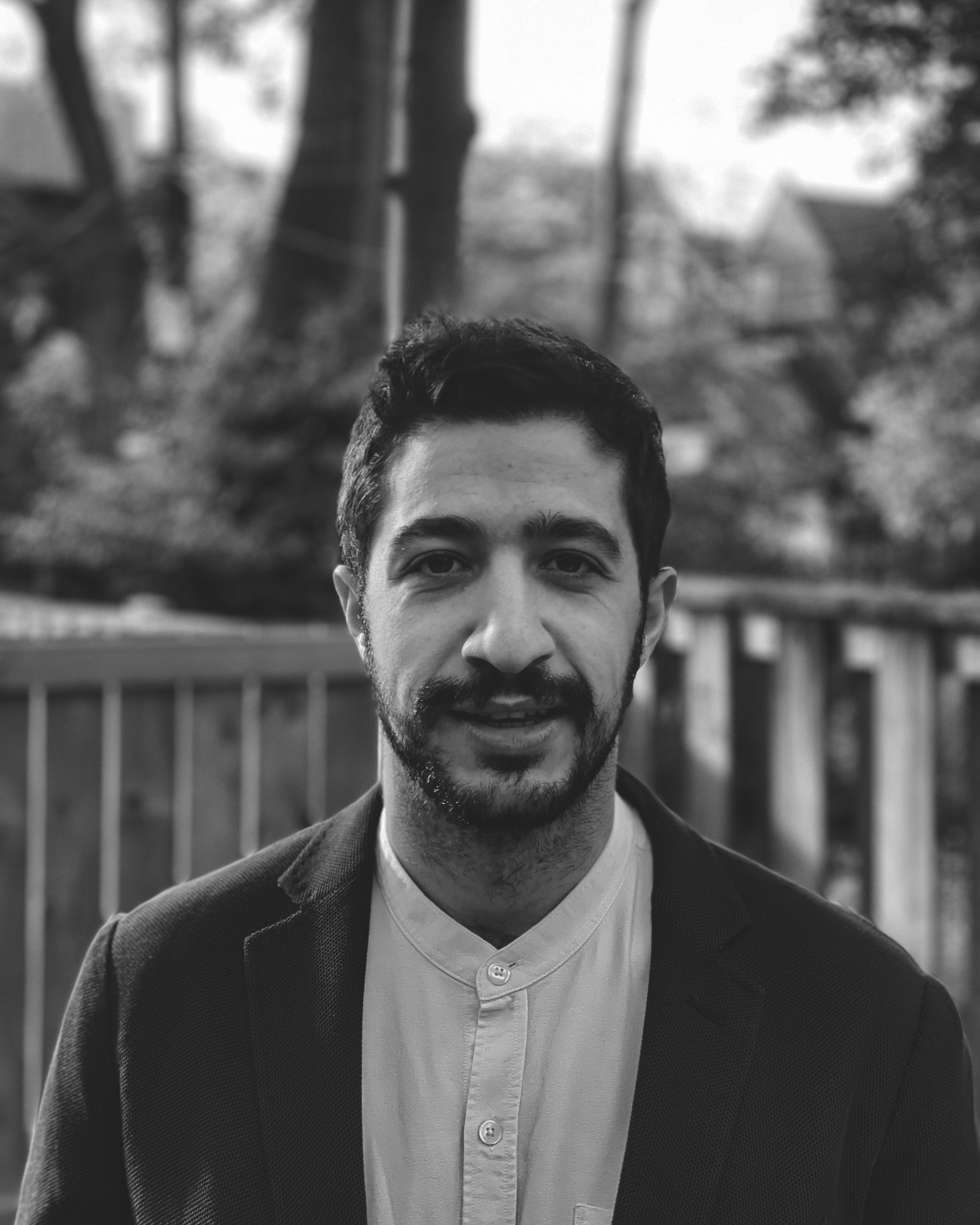
Aamer Ibraheem
Columbia University
Aamer Ibraheem is a PhD candidate in the Department of Anthropology at Columbia University. His work examines the changing role of theology and politics in people’s daily experiences of a landscape that is at once the periphery of two national projects, Israel and Syria. His ethnographic fieldwork is supported by the Social Science Research Council (SSRC), and the Palestinian American Research Center (PARC).
University of Toronto
Huibin Lin (she/they) is a PhD student in the Centre for Criminology and Sociolegal Studies at the University of Toronto. She is interested in policing, governance, and police work at the basic level in China. Currently, Huibin is working on developing a research project that focuses on Chinese frontline officers’ acceptance, resistance, and conformity to images of heroism and reform ideas that they may or may not agree with.
Princeton University
Nikhil Pandhi is a PhD candidate in the Department of Anthropology at Princeton University. A cultural and medical anthropologist, his research is situated in contemporary India and combines decolonial queer-feminist insights from critical caste studies, critical race studies, critical ethnic studies, Dalit and Black studies to examine the everyday stakes of racialized caste terror, humiliation, surveillance and survival in a range of global health and quotidian settings. A Rhodes Scholar, Nikhil is also a literary translator whose translations of Dalit fiction (Hindi-English) are forthcoming with leading Indian anti-caste/feminist publishers. npandhi@princeton.edu
University of Toronto
Adina Radosh is a PhD student in the Centre for Criminology and Sociolegal Studies at the University of Toronto. Interested in politics, security and uncertainty, she has worked with inactive gangs in Mexico City and police departments across Mexico. She has ongoing research on the way Mexican police deal with uncertainty and construct the pandemic as a police problem. Her dissertation research focuses on the family as a regulatory mechanism used by Mexican police departments.
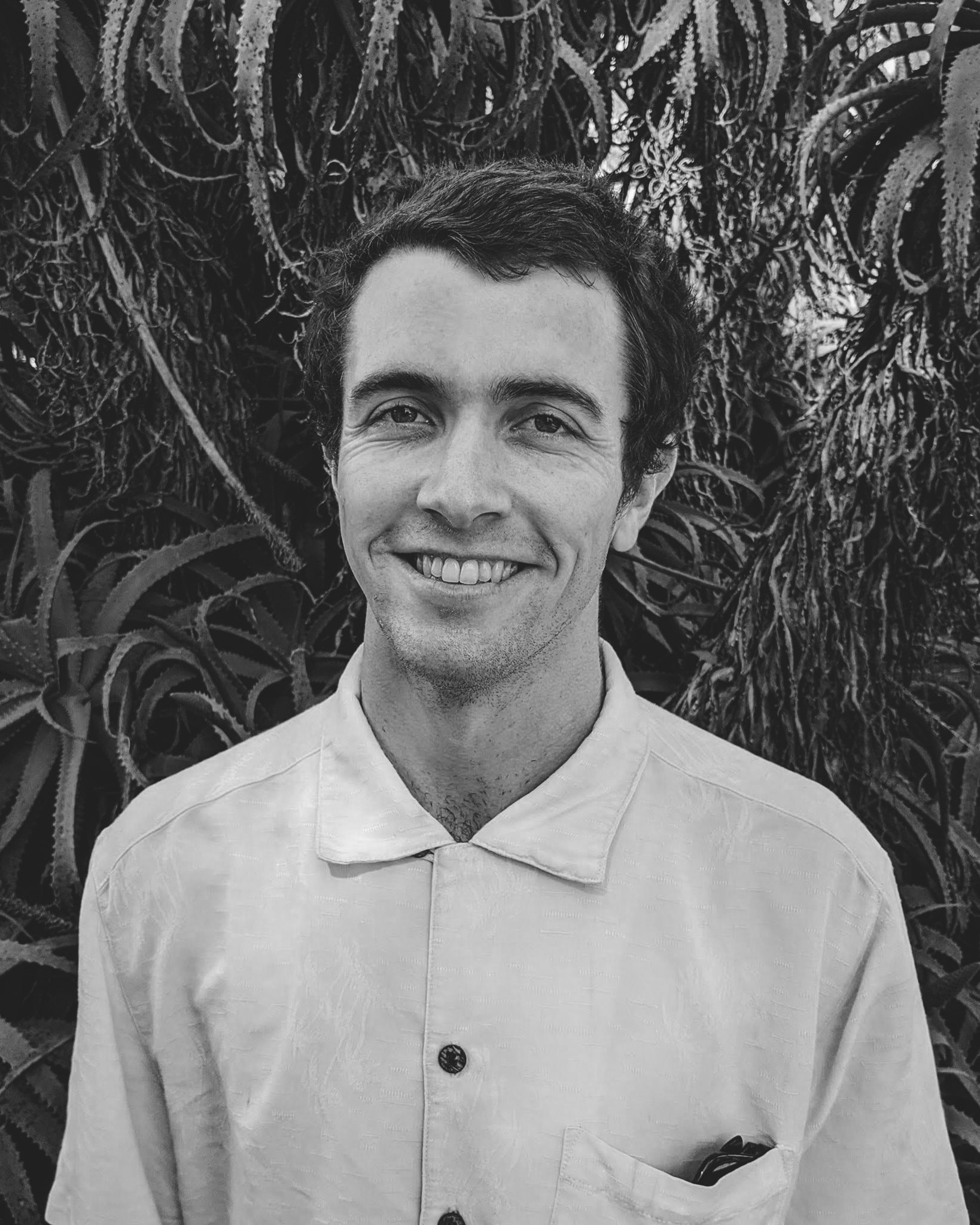
Christopher Giamarino
University of California
Christopher Giamarino is a Doctoral Candidate in the Department of Urban Planning at the University of California, Los Angeles. A skateboarding urbanist, his ongoing work centers around themes of social justice, theories of urban design, public space, and everyday urbanism. Presently, his dissertation research investigates the production of hostile public spaces and contestations by unhoused folks to develop more just public space design in LA.
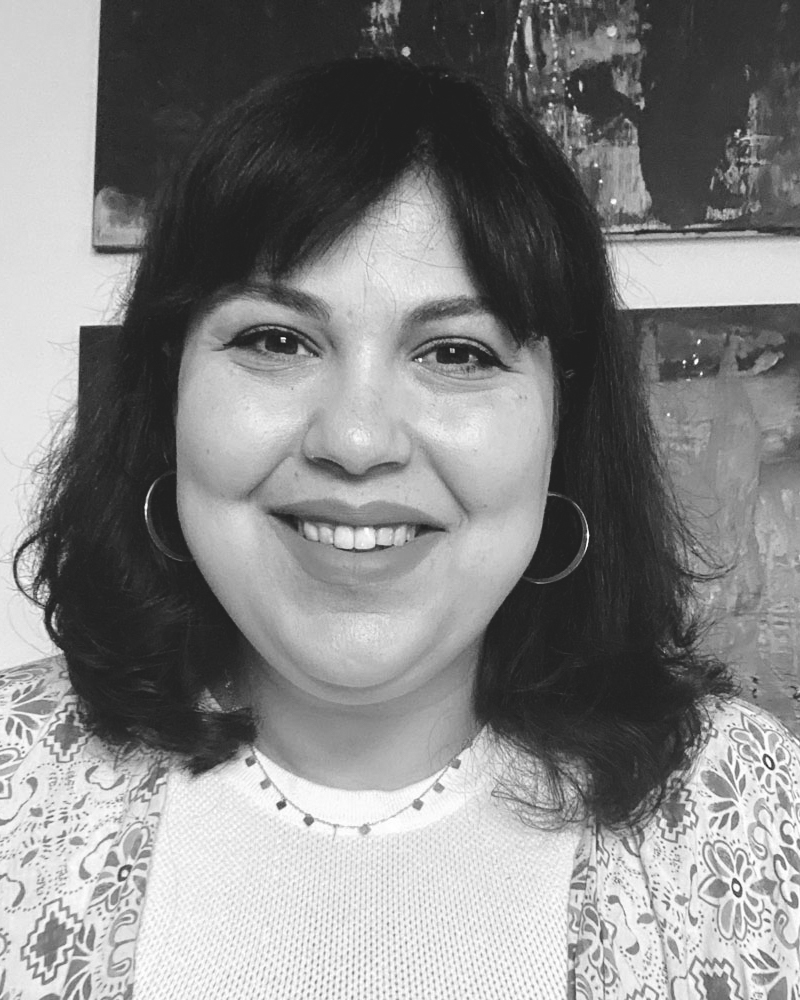
Heba Ghannam
American University
Heba Ghannam is a Ph.D. Candidate and Adjunct Faculty at the Department of Anthropology at American University in Washington DC. Her current research lies at the intersection of Feminism, Digital Capitalism, Authoritarian Governance, Labor, and Digital Media Studies. Through ethnographic research among women YouTubers in Egypt, Heba explores how women in the global south navigate neoliberal, oppressive, and patriarchal systems through the digitalization and monetization of domestic and affective labor.
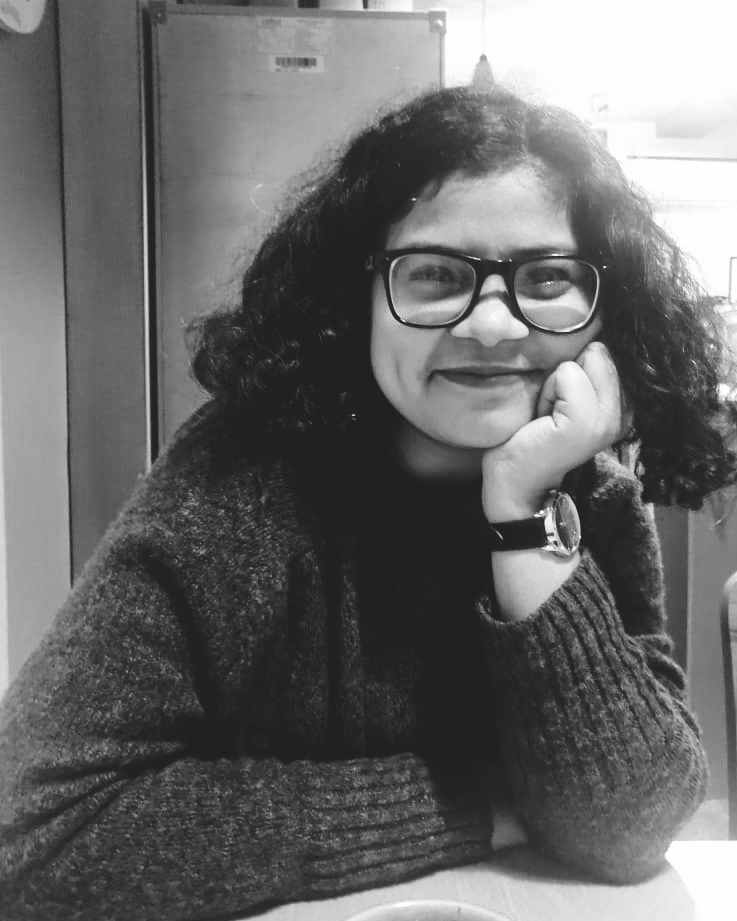
Navjit Kaur
Princeton University
Navjit Kaur is a doctoral candidate in socio-cultural anthropology and the Interdisciplinary Program in the Humanities. Her dissertation research examines the forms and futures of savings that co-exist—often in contradiction—with the contemporary forms of banking and financial practices in India. Prior to joining Princeton, Navjit was a Visiting Professor at the Gender and Sexuality Studies Department, Ambedkar University, Delhi. She also holds a Masters and M.Phil in Sociology from Delhi School of Economics, University of Delhi.
nkaur@princeton.edu

Greg Odum
Columbia University
William Gregory Bennett Odum (Greg) is a doctoral candidate in the Department of Anthropology at Columbia University. After researching policing in his home of Atlanta, and two years of applied work in Guatemala, his current dissertation in Guatemala City. He focuses on transnational dimensions of a Colombian-Guatemalan exchange in policing expertise to explore how notions of criminality develop at the nexus of transnational training, everyday policing, and residential life in the capital’s neighborhoods.
Wgo2103@columbia.edu

Victoria Tran
University of California
Victoria Tran is a PhD student in the Department of Sociology at the University of California, Los Angeles. Her research focuses on neighborhood change and displacement, the relationship between policing and development, and the relationship between immigrant minority communities and the military and police state. She studies how formal and informal mechanisms of policing are at the core of neighborhood change and racialized displacement. She analyzes the expansion of private, government, and pseudo-government surveillance in urban neighborhoods, how policing policies are made in relation to redevelopment strategies, and how the interplay of policing and redevelopment leads to displacement and surveillance of low-income and minority communities.
vlt6cp@ucla.edu

Amber Fatima Rahman
Princeton University
Amber Fatima Rahman is an undergraduate student at Princeton University studying in the African American Studies department and pursuing a minor in Technology and Society. Her research disrupts the relationships between technological development, carcerality, and settler colonialism, building upon Black internationalist perspectives to draw connections between global surveillance practices and the strategies of U.S. empire. She focuses on how communities make themselves ungovernable through tactics of evasion and disruption.

Dalia Gebrial
London School of Economics
Dalia Gebrial is a PhD candidate in the Department of Geography and Environment at the London School of Economics. As a labour geographer, she focuses on racial capitalism and on-demand digital work. Her current work looks at how racialization operates as a central process in the platformization of taxi and domestic work. As part of this, she explores how on-demand labour technologies overlap with urban policing in ways that evade public scrutiny and legibility.

Dan Li
London School of Economics
Dan Li is a PhD student in the Department of Anthropology at London School of Economics and Political Science. Her doctoral research explores how grassroot electronics merchants operate a shadow economy in an electronics market in Shenzhen, China, with a focus on their use of digital platforms, informal credit, and techniques for counterfeiting phones to escape official surveillance and statistics. Her research interests include informal economy, technology, and the political economy of contemporary China.
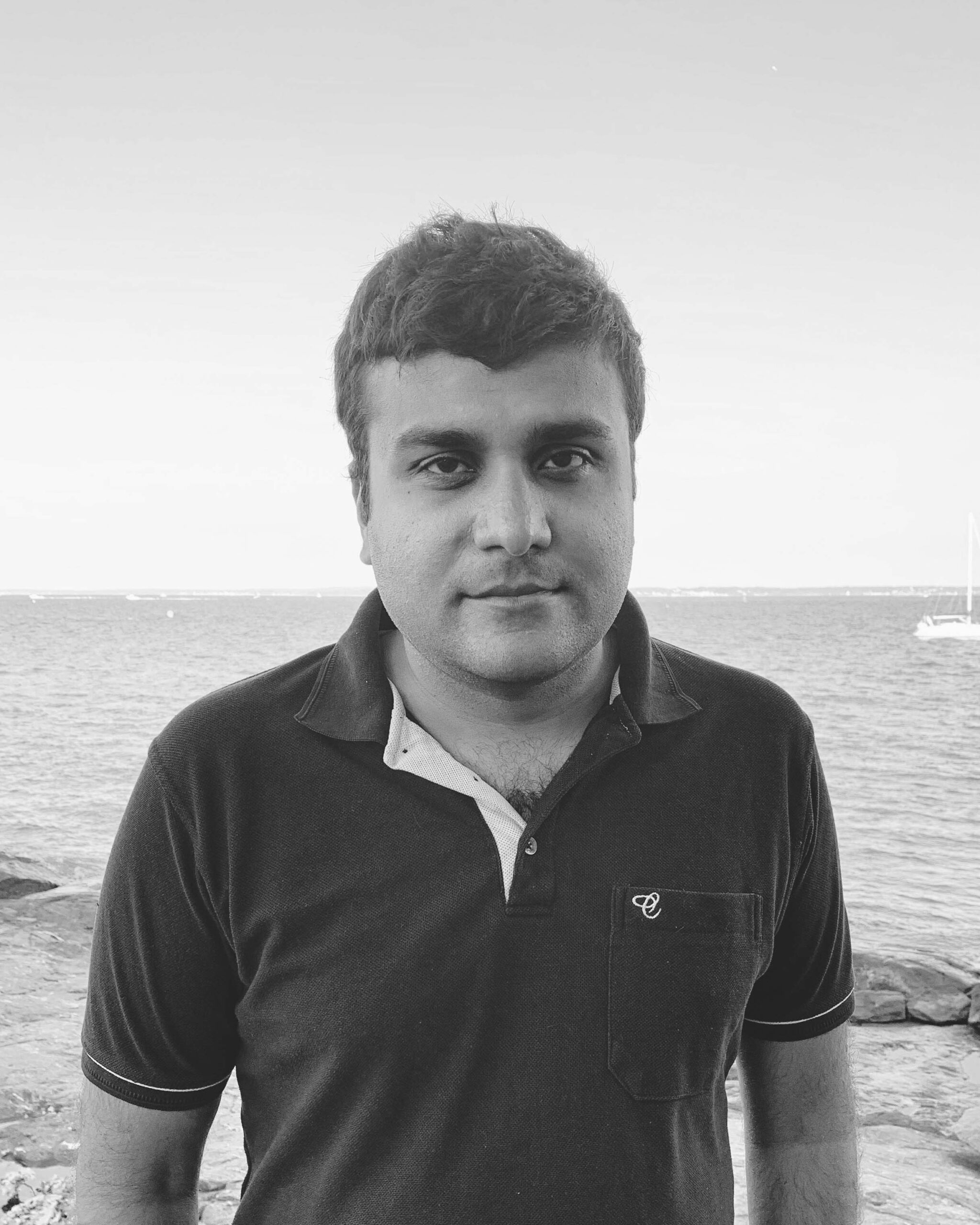
Swagat Pani
University of Michigan
Swagat Pani is a PhD student in the anthropology and history program at University of Michigan, Ann Arbor. Trained as a cultural anthropologist and historian he has worked for a variety of international organizations including the Department of Political Affairs at the UN headquarters in New York. He has conducted ethnographic and archival fieldwork in Egypt, Oman, UAE and India and currently is researching the governance of remittance mechanisms and their evasion in the Western Indian Ocean and Persian Gulf.
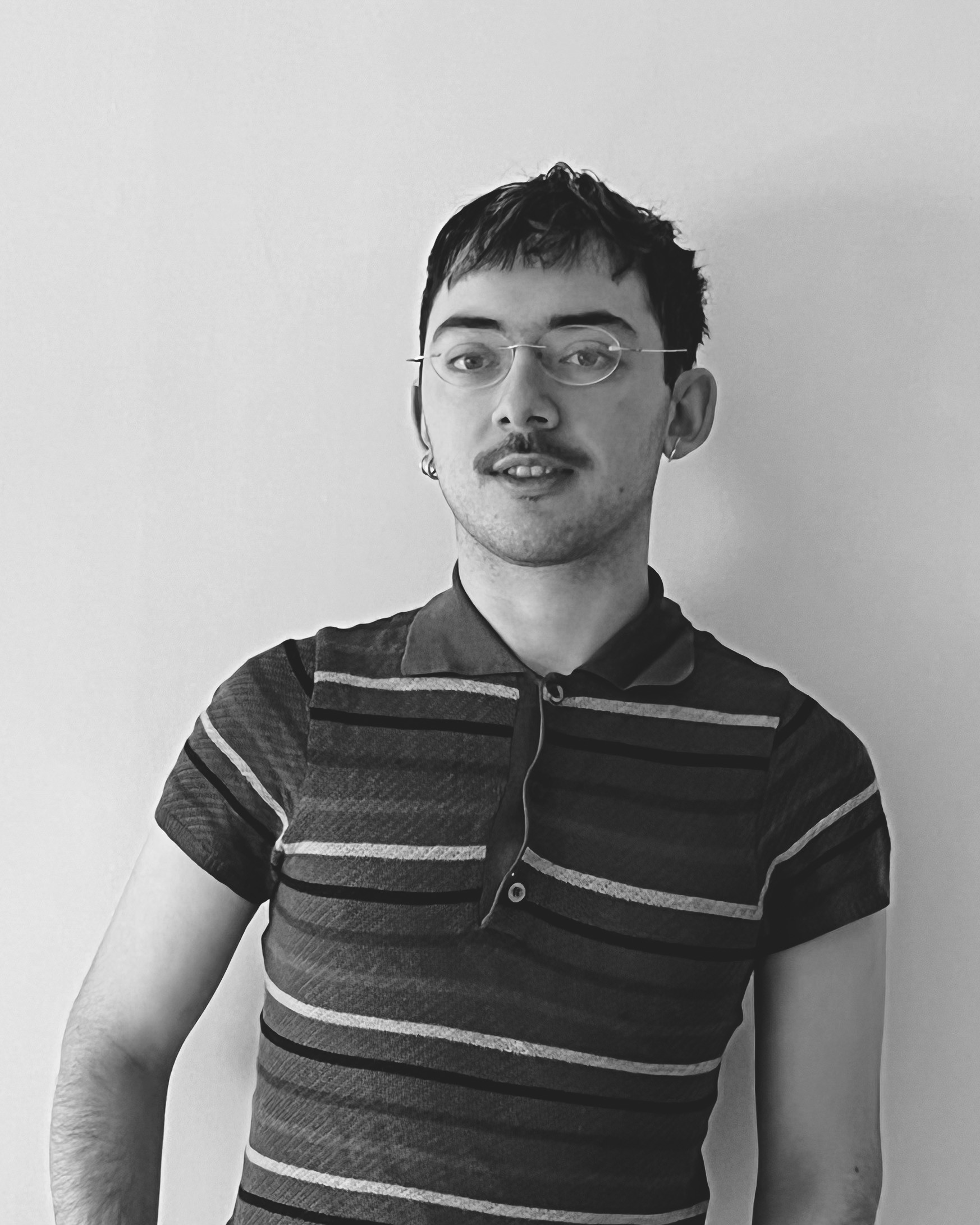
Henry Osman
Brown University
Henry Neim Osman is a PhD student in the Department of Modern Culture and Media at Brown University. He received a BA in Comparative Literature from Washington University in St Louis and an MA in Visual Culture from Goldsmiths, University of London. His research spans surveillance studies, media theory, and the history of computing.

Samuel Nossa Agüero
Universidad de los Andes
Samuel Nossa Agüero is a PhD student in Interdisciplinary Studies at Universidad de los Andes in Bogotá, Colombia. They study the use of law in urban planning, especially the production and use of legal instruments and how they replace or alternate with participation processes in pursuit of the “right to the city.” Samuel’s research also engages the use of social control oversight and control bodies and their impact on urban projects.
s.nossa@uniandes.edu.co


